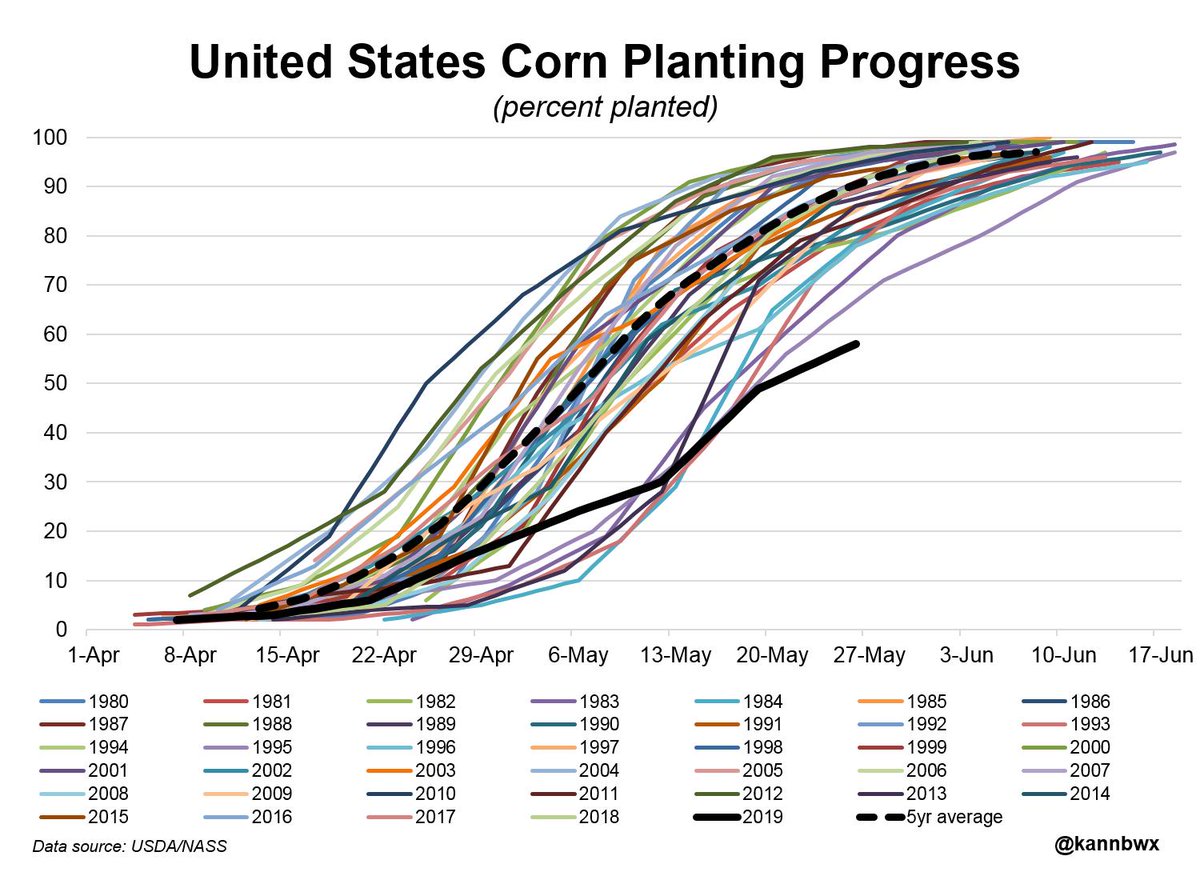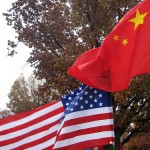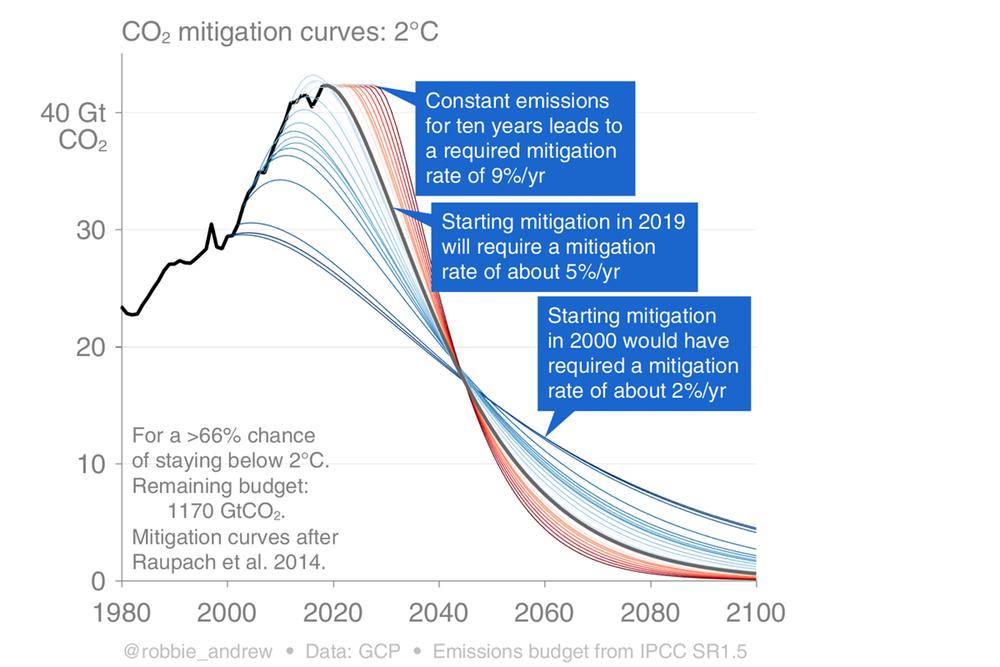 Let us say you know a catastrophe is coming, and you cannot stop it and thus save everyone.
Let us say you know a catastrophe is coming, and you cannot stop it and thus save everyone.
What do you do?
You start making choices about who to save. Not just their lives, but their stuff and their power.
Catastrophes often lead to changes in societies, but sometimes they don’t.
The 1929 stock market crash, and the Great Depression lead to most of the rich losing their money and power. The end result was that the people running society changed, and that the post-war period was the best to be alive–in the developed world–in history.
This happened because Hoover and FDR did not believe in bailing out the rich, and FDR instituted the New Deal and 90 percent + marginal tax rates.
But while FDR didn’t think the rich should be protected, he did institute deposit protection for ordinary people. If you weren’t rich, you were covered.
The 2007/8 crash led to no such thing, because the priority was saving the rich. Obama, Bernanke, and Geithner went out of their way not just to keep the rich, rich, but to hurt ordinary people if necessary to do so. They deliberately hurt householders, when necessary, to help banks. (See David Dayen’s “Chain of Title” for all the grizzly details.)
Now, this is not to say that Treasury and the Fed should have just done nothing, like in 1929 (though if they had just followed the laws that were put in place after 1929, we would, in fact, be better off).
It is to say they chose to save rich people and not help most other people.
So the catastrophe led to a resumption of the status quo.
Except that it didn’t. It kicked the economy into shit-mode, and the result was Trump/Brexit and the general rise of the right. (Because all the major central banks and governments bailed out the rich and fucked everyone else.)
So, catastrophes happen, and a choice is made about who to protect and exalt, and that choice has consequences down the line.
(I am fundraising to determine how much I’ll write this year. If you value my writing and want more of it, please consider donating.)
Climate change will be no different. Who is protected (or survives through their own efforts) matters, because it determines who will be powerful later.
It is thus important not just to save people you like, but to make sure that bad actors like bankers and the current political elite are not saved: They must lose their money and power (and if that means they lose their lives you should be okay with that, because they sure don’t care if ordinary people lose theirs).
This is ethical, because who runs society, and for whom, determines how good the society is. When society was truly run for the majority, with the intention to spread the wealth, society was good (and where it was bad, as with minorities, it is because the wealth was not spread).
A society is good if it tries to take care of everyone and tamps down inequality, allowing only moderate inequality. (Does anyone really need to earn more than 20x the median income?)
In the days to come, we will have to make choices about who to protect and who to save. Remember that it’s worth taking some time out to choose who doesn’t keep their stuff, their power and, yeah, even their lives.
If this bothers you, remember that they are deciding if you live and die, and their record shows that they either don’t care if you die, or that they actively want you to.
We are moving into some very bad times. Whether society is good or bad afterwards will be determined by who takes power during catastrophe, and who loses power during catastrophe.
It can be us, or it can be a small elite who cares only about themselves.
Choose.



